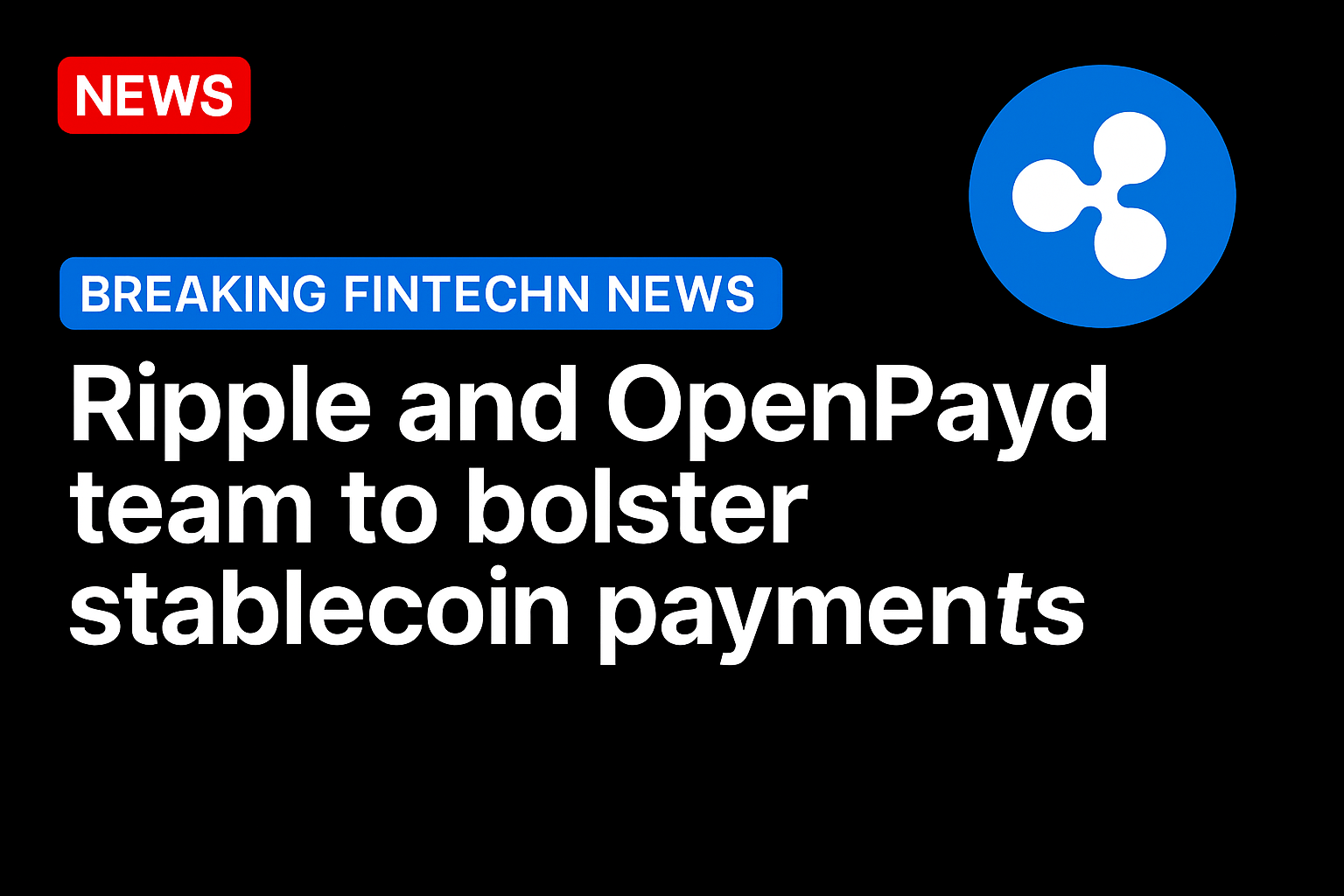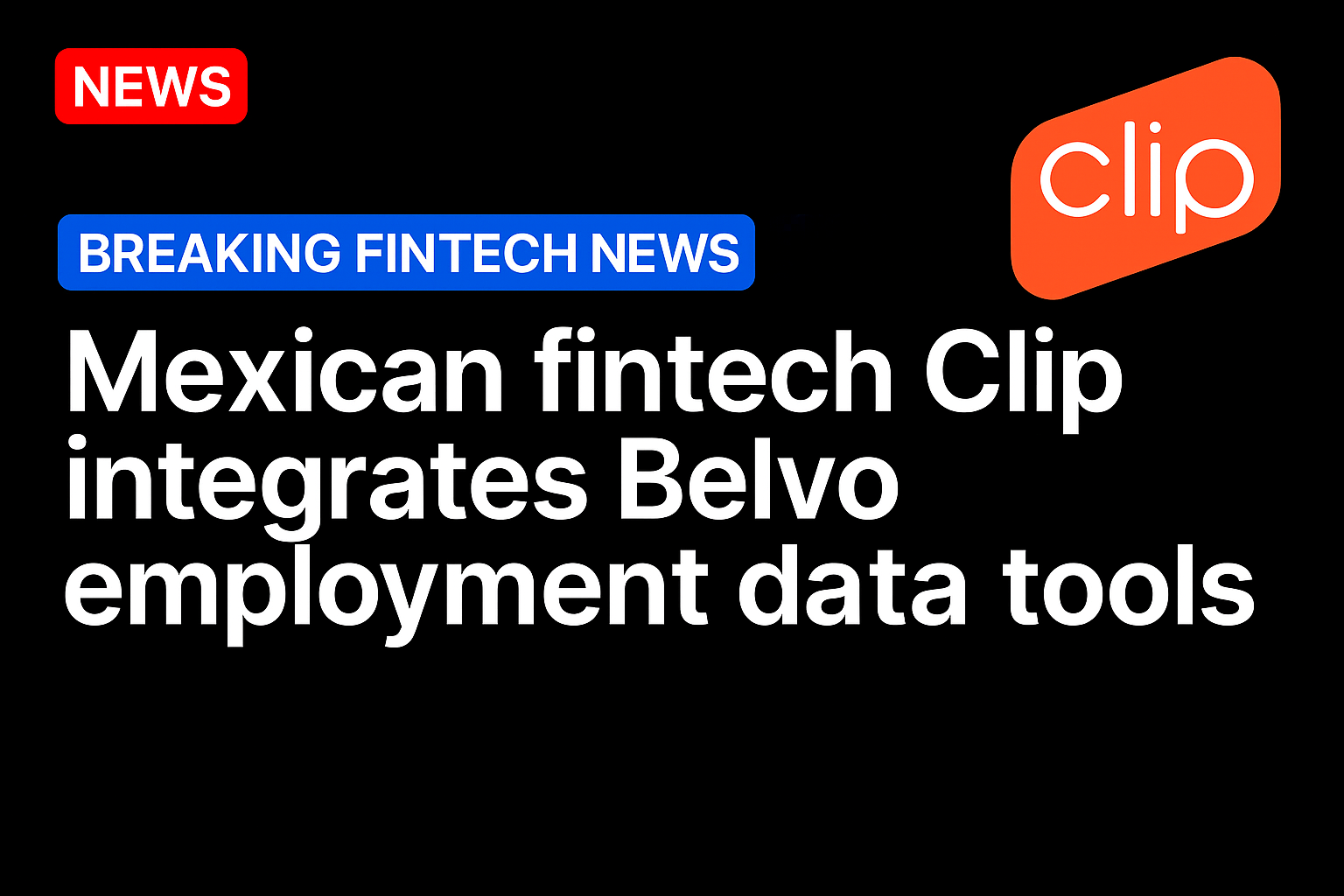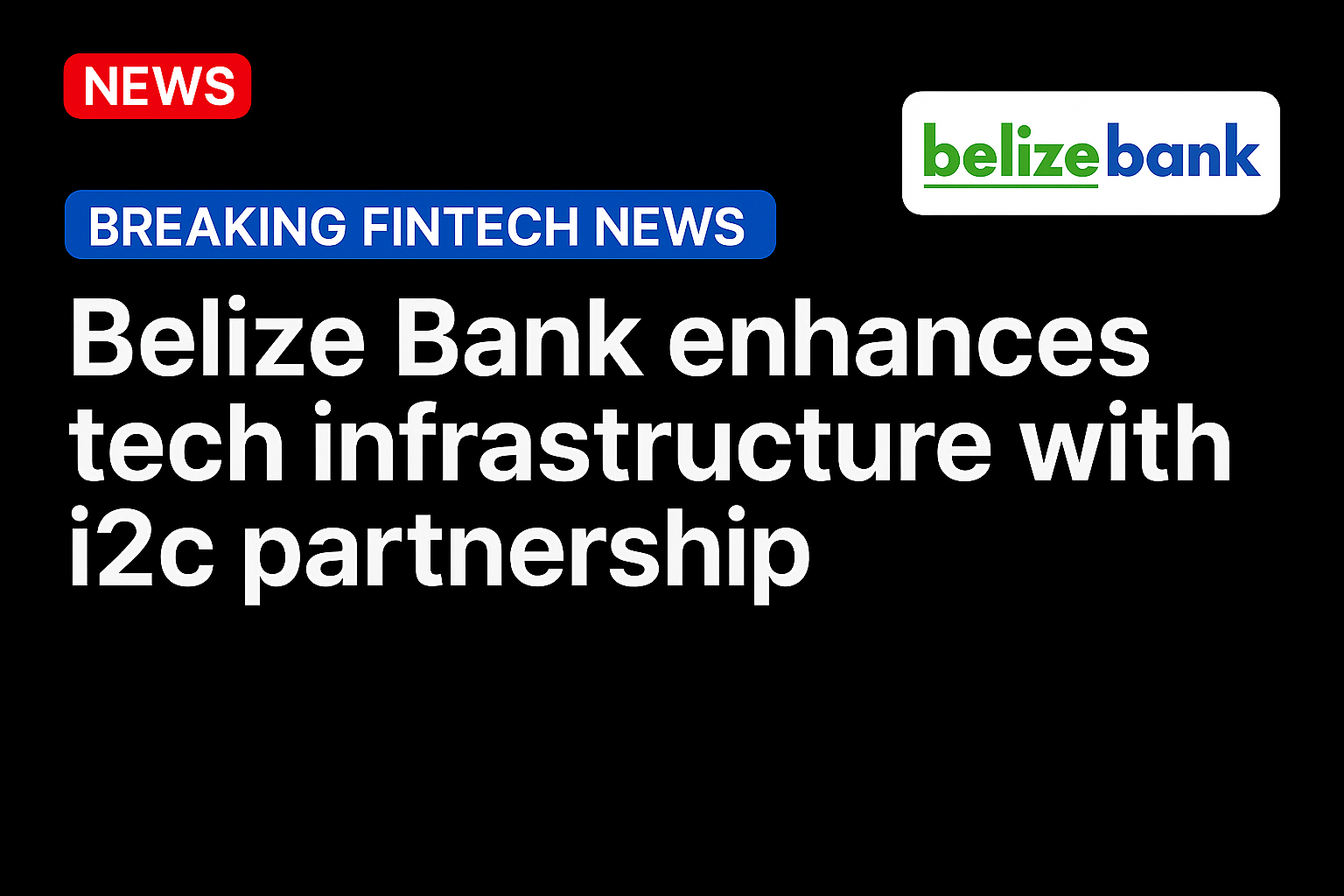Financial services infrastructure provider OpenPayd launched a partnership with blockchain company Ripple.
The collaboration will see OpenPayd’s global fiat infrastructure, including real-time payment rails, multicurrency accounts and virtual IBANs, support Ripple Payments into euros and British pounds, according to a Wednesday (July 2) press release.
“By combining Ripple Payments with OpenPayd’s rail-agnostic and fully interoperable fiat infrastructure, we are delivering a unified platform that bridges traditional finance and blockchain,” OpenPayd CEO Iana Dimitrova said in the release. “This partnership enables businesses to move and manage money globally, access stablecoin liquidity at scale, and simplify cross-border payments, treasury flows and dollar-based operations.”
Ripple Payments is Ripple’s cross-border payment solution, employing blockchain, digital assets and a network of payout partners to deliver cross-border payments and on/off ramps for banks, FinTechs and cryptocurrency firms, the release said.
The partnership is part of OpenPayd’s efforts to expand its newly launched stablecoin infrastructure, with the company providing direct minting and burning capabilities for Ripple USD (RLUSD), according to the release.
Businesses will be able to convert between fiat and RLUSD, accessing OpenPayd’s suite of services using a single API, the release said.
“The future of global finance depends on seamless interoperability between traditional infrastructure and digital assets,” Jack McDonald, senior vice president of stablecoins at Ripple, said in the release. “Our collaboration with OpenPayd gives enterprises reliable access to RLUSD, combining the stability and compliance they expect with the connectivity they need. This is how we accelerate real-world adoption of stablecoins at scale.”
PYMNTS examined the tension surrounding that adoption last week after anti-money laundering group the Financial Action Task Force (FATF) warned the bulk of illicit on-chain financial activity last year involved stablecoins — adding up to $51 billion.
The task force is urging countries to speed the adoption of a so-called “travel rule,” which mandates that identity information travel with digital transactions beyond certain thresholds. All the same, compliance remains uneven, especially across countries where regulatory frameworks are still being worked out.
Source: https://www.pymnts.com/





